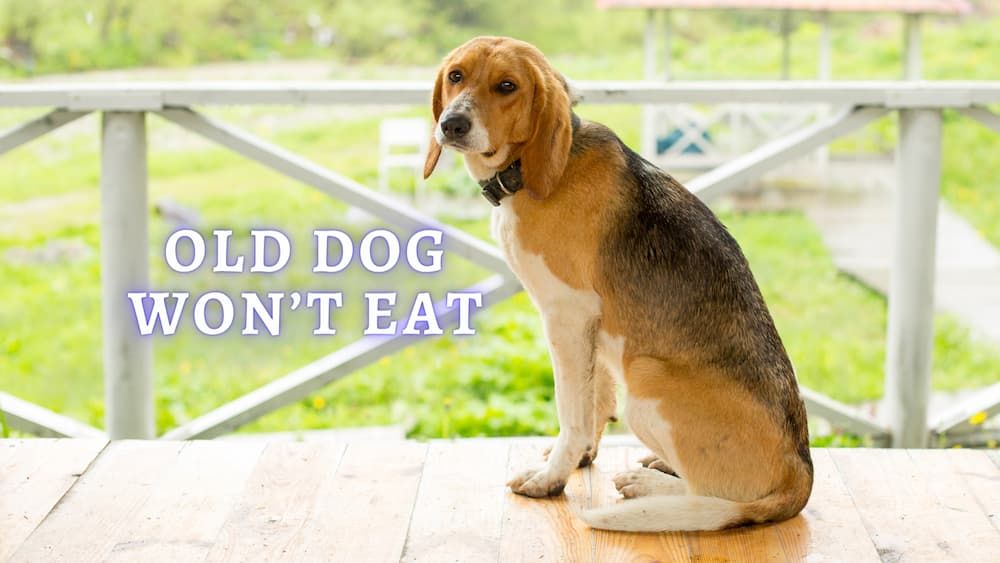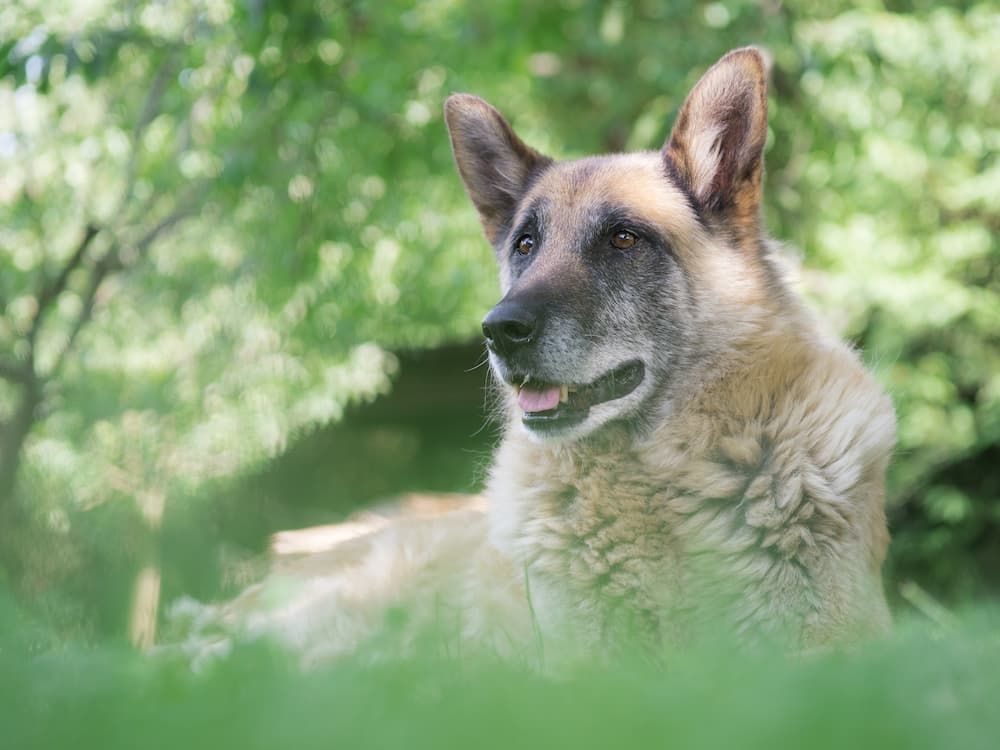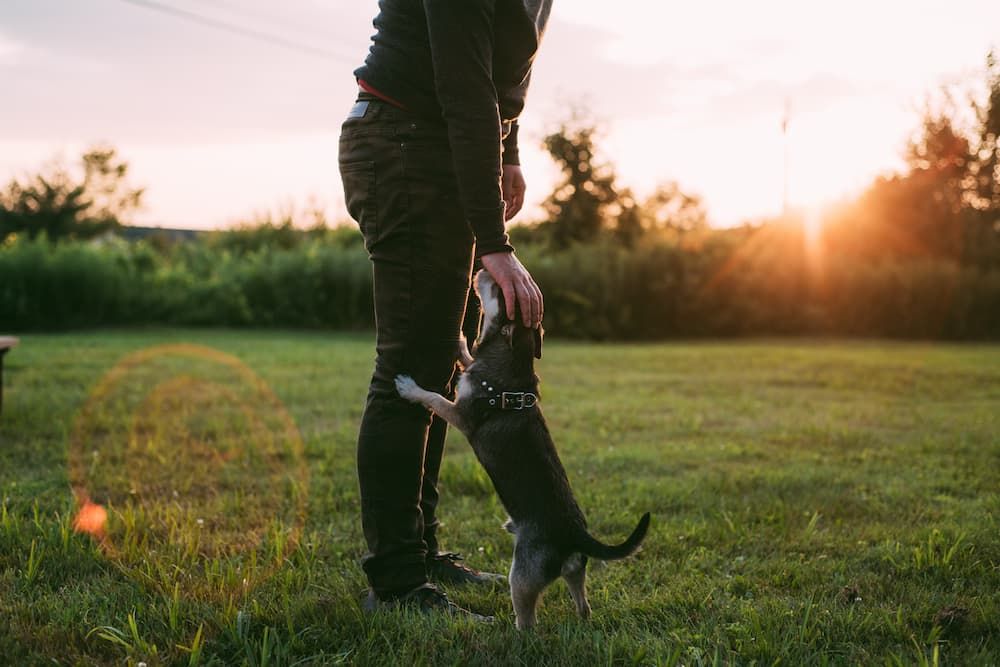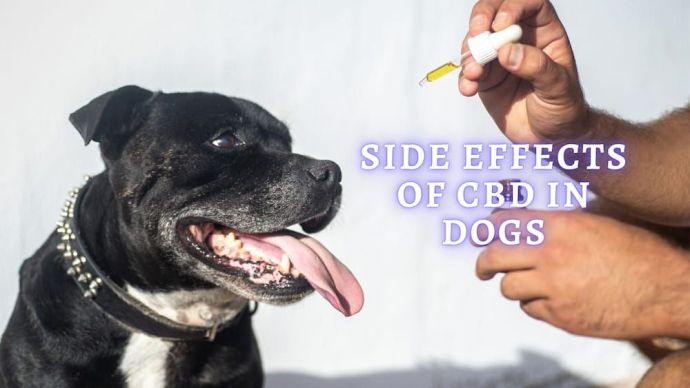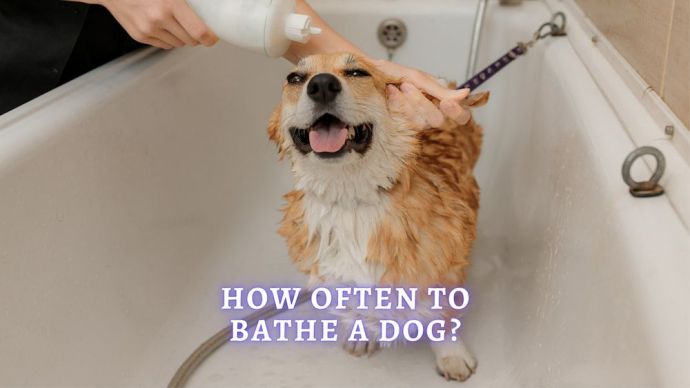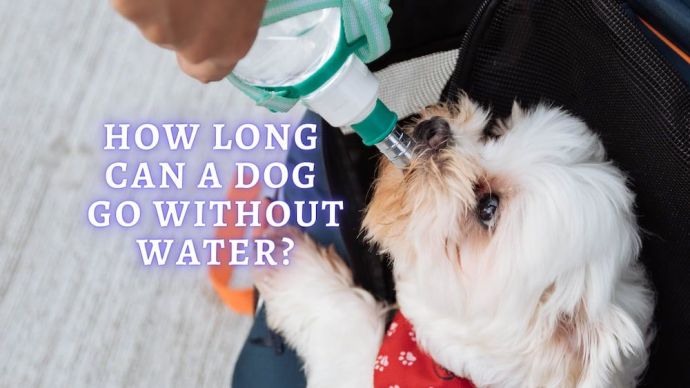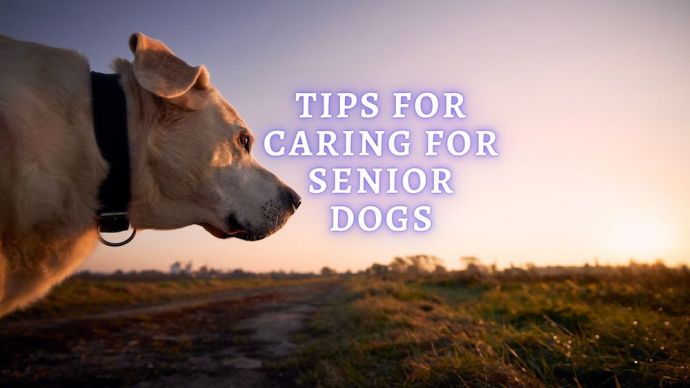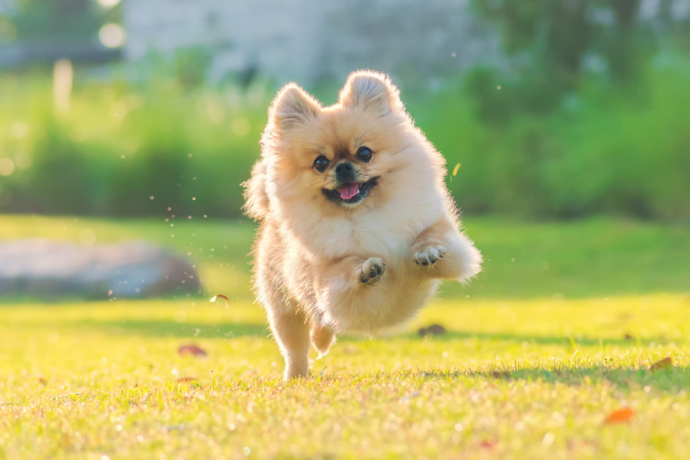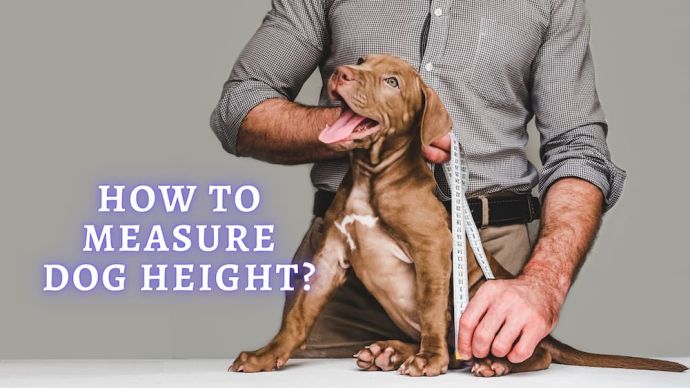Old Dog Won’t Eat: Reasons Why Your Senior Dog Not Eating
Written by:
Author: Seb Jenkins
Seb is a professional SEO writer with a degree in Journalism, he has five years of experience in writing and editing. Seb specializes in topics like dog and cat breeds, aquarium guides, and pet care. He is passionate about educating and entertaining animal owners worldwide. In his spare time, Seb enjoys writing fiction novels.
View all 83 articlesLearn about our editorial process and veterinary review board.
Reviewed by:
Veterinary review
by Dr. Linda Simon
Dr. Linda Simon is a veterinary surgeon working with seven years of experience. She is a fellow of the British Veterinary Association and specializing in animal medicine. Also, she has been the Woman magazine resident vet for the past two years and writes a regular column for them, focusing on pets and their health.
View all 30 articlesLearn about our veterinary review board
Viewed: 3920
Updated on: 06/08/2023
When your dog grows old, it is essential to understand that they require a different kind of care, just as any animal does. Appetite levels of dogs often change when they reach the seven-year mark, and it can be expected for them to have less interest in food.
Therefore, it is essential to know the difference between your dog not being hungry and suffering from some kind of serious health condition.
The Connection Between Appetite and Weight
It is important to be aware that there is a direct connection between a loss of appetite and your dog’s weight.
Therefore, you should always keep an eye on both when trying to spot a potential problem. For example, if your dog does not seem to be eating as much as they used to, yet they are maintaining the same weight as before, there is likely nothing to be worried about.
It is time to start worrying when there is a dramatic or consistent change in weight from a lack of eating. That essentially means that they are not eating as much as they should be for their size and can point towards a severe health problem. Considerations include dental pain, cancer, and thyroid problems. So if your old dog not eating anything, then it is time for a quick trip to the vet.
Remember, your senior dog being picky and not eating quite as much is not the same as it has a loss of appetite. The former can be normal, the latter is serious.
Dogs are actually known to eat less when they are in pain which, unfortunately, is part of the territory when it comes to getting old. Dogs also eat less when it is hot, when they are stressed, and when they are not being very active.
READ MORE: How Long Does it Take a Dog to Digest Food?
Why Is My Older Dog Not Eating?
The first thing to understand is that there is a difference between a dog losing its appetite and a dog not eating. As explained above, a loss of appetite can come from old age or several other non-health-related things. However, your dog not eating altogether over a long period is definitely a more serious problem. Let’s take a look at some of the root causes for not eating and a lack of appetite.
1. Old Age
We have outlined this already, but it is worth expanding upon. Old age alone is enough to see a reduction in your senior dog’s appetite. The exact same thing happens in humans and all kinds of other animals. As your pet grows old, they become less active than they once were as a youngster. Rather than running, jumping, and playing all day long, they may only stroll down the street these days, meaning they need less food to keep them going. Older dogs also sleep more often than younger dogs, and their bodies burn very little while they are completely inactive. These calories are not being burned off, so dogs aren’t as hungry when they wake up.
Like humans too, when a dog grows old, its metabolism slows down, [1] meaning it is harder to use consumed food efficiently.
RELATED: Signs of Aging in Dogs (Vet Advice)
2. Dental Problems
If your dog is not eating much, it can be a good idea to look inside their mouth. If they are suffering from a dental problem, they may also be experiencing pain when they eat, which can put them off the activity altogether.
While an owner may assume toothache will cause a dog to stop eating completely, this rarely happens.
Dr. Linda Simon
These dental problems can include infections, cavities, broken teeth, gingivitis, and more.
Older dogs can also develop arthritis in their jaw, which makes the action of chewing rather painful. When dealing with dental issues in your elderly dog, the only honest answer is to take them to the veterinarian. There are many options for dogs, with anything from a dental procedure to advanced medicine being on the table. Once the dental problem is sorted, you should hopefully see some increased eating.
3. Physical Health Conditions
Leading on from the dental problems, your senior dog can also experience some general health issues with their physical condition. Much like humans, dogs are more likely to develop certain situations as they grow old. Some are relatively benign, and some are serious. Minor conditions that require a quick trip to the vet include:
- Constipation.
- Food sensitivity.
- An inefficient digestive system.
- Loss of smell.
- Loss of taste.
- Cognitive dysfunction and depression.
However, if your pet refuses to eat, you could have something more serious on your hands. More worrying issues can include osteoarthritis, hypothyroidism, liver disease, cancer, heart failure, and kidney disease.
If your pet has a loss of appetite and other symptoms, it could point towards a more sinister problem. Also, additional symptoms may include vomiting, weight loss, diarrhea, constipation, excessive thirst, excessive urination, lethargy, panting, pacing, and whining. So always be on the lookout for changes in behavior.
RELATED: When to Switch Dog to Food for Seniors?
What To Do When Your Old Dog Stopped Eating
First of all, you should look to take your senior dog to the veterinarian immediately if they are displaying any of the following symptoms:
- They seem to be acting differently and you feel they are “just not right”.
- They are not eating anything – appetite has vanished, or are eating noticeably less than usual.
- They seem depressed, confused, or have no energy for anything.
- They are vomiting and/or dry heaving.
- They are suffering from consistent diarrhea.
- They are panting, drooling, whining, or pacing more than usual.
- They seem very stressed and/or anxious.
- They are very constipated.
- Their belly is swollen.
- They are losing weight either suddenly or consistently.
If your dog is not displaying any of the above symptoms but stopped eating as much as usual, it could just be a natural side effect of old age. If they are acting normal, seem perfectly healthy but are just eating a little less, this is likely the case. Frequent monitoring of their weight is advised to ensure it remains consistent.
READ MORE: Best Dog Food for Seniors
FAQs
What do you do when your old Dog won’t eat?
The simple answer to this question is to take them to the vet. However, it is essential to differentiate between a drop in appetite and not eating. A slight decrease in need is average for the senior dogs as they are less active than they used to be. Therefore, this should not cause concern as long as they remain their usual self and seem healthy. However, if your dog isn’t eating altogether and shows any of the symptoms listed above, book a veterinarian appointment immediately. Similarly, a preference for wet food over dry or a refusal to eat chews could mean a dental issue.
What Causes an old Dog to stop eating?
Dogs often eat less as they get older. That is natural. The appetite reduces for several different reasons, the main one being that they are simply not as active as they used to be. As younger dogs, they were likely running, jumping, and playing all day long, burning all their calories, meaning they needed to eat a lot of food to recharge. Senior dogs move around less, go on shorter walks, and sleep more, meaning they burn far fewer calories and do not need as much food as they used to. However, it is essential to be on the lookout for any dental or physical health issues that can, in turn, cause a reduction in appetite. These are listed in the article above.
What are Signs of a Dog dying of old age?
Unfortunately, this day will come for every dog owner, as heart-breaking as it is. You will often find that your canine friend is approaching its final days when it seems to run out of energy entirely. This lethargy is more severe than the average drop in senior dogs. Those near passing may spend their final days lying down in a quiet corner and will likely be disinterested in food. Unfortunately, old age can also come from more severe health conditions, like cancer or heart issues, so it is essential to be on the lookout and book an appointment with the vet if needed.
Will an old Dog starve itself to death?
This isn’t something we should allow happen if at all possible. We need to get our pets to a vet before they become this poorly. If you do not spot a problem before it is too late, dogs can die of starvation and dehydration. Generally, a dog can go around three to five days without any food. However, if they go 24 hours without eating anything, you should take them to the vet. You should also pay close attention to their water consumption as a dog can die from dehydration in just two days. If they go 24 hours without drinking anything, take them to the vet immediately. Vets and other pet advocates believe it is kinder to put a dog to sleep than to allow them to ‘pass naturally’ and not eat or drink anything. This can be an arduous and drawn-out process.
Article Sources:
- Harper, E. Jean. “Changing Perspectives on Aging and Energy Requirements: Aging, Body Weight and Body Composition in Humans, Dogs and Cats.” Oxford Academic, academic.oup.com/jn/article/128/12/2627S/4724468.
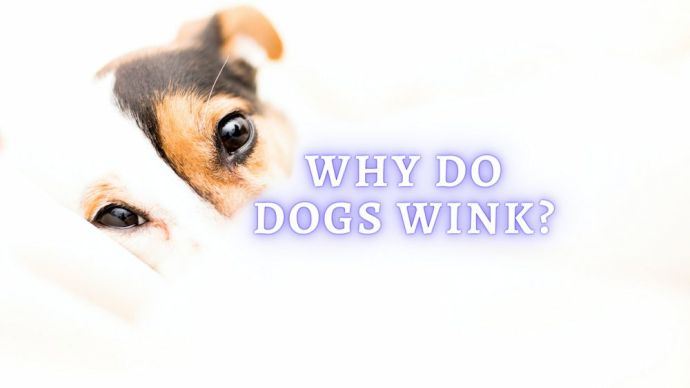 Dog Care Why Do Dogs Wink? Health and Behavioral Reasons Why Do Dogs Wink At You
Dog Care Why Do Dogs Wink? Health and Behavioral Reasons Why Do Dogs Wink At You - 887
- 0
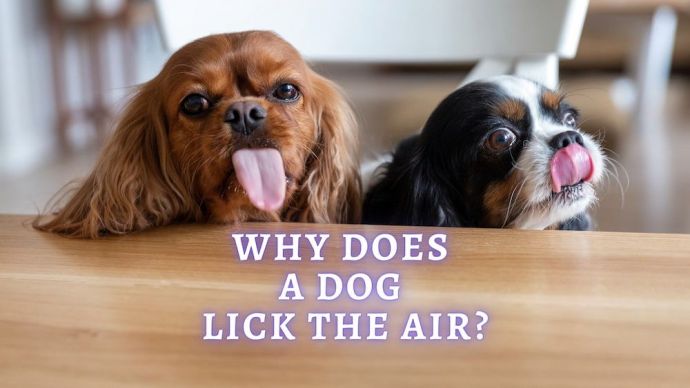 Dog Care Why Does My Dog Lick The Air? Health and Behavior Reasons for Dog Licking Air and How to Stop It
Dog Care Why Does My Dog Lick The Air? Health and Behavior Reasons for Dog Licking Air and How to Stop It - 114
- 0
 Dog Veterinary Tips Why is my Dog throwing up: Causes and Preventing (Veterinary Advice)
Dog Veterinary Tips Why is my Dog throwing up: Causes and Preventing (Veterinary Advice) - 21356
- 5
 Dog Care My Dog Keeps Scratching His Mouth: Reasons Why Your Dog Scratching Face
Dog Care My Dog Keeps Scratching His Mouth: Reasons Why Your Dog Scratching Face - 16542
- 1









